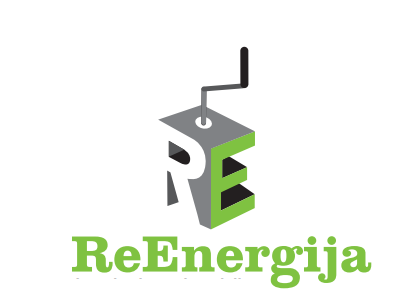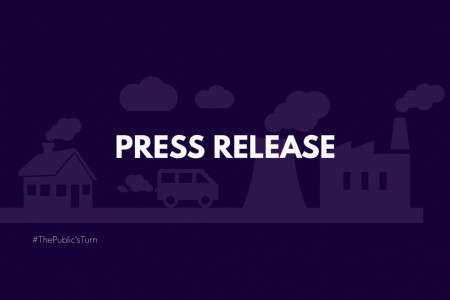The project "ReEnergy 2016 - For Energy Sustainable Communities" was designed with the aim of improving the energy management system in Serbia through the use of good practices of local self-governments of the European Union.
Reenergy is the initiative of the Center for European Integration of the Belgrade Open School, aimed at improving the practical and political framework for creating an energy and environmental policy in the Republic of Serbia. The initiative is based on the belief that a responsible and open environment policy must be based on public participation in decision-making and partnership between civil society, the business sector and public institutions. By achieving these preconditions we come to the successful implementation of European norms and standards in the field of environmental conservation and improvement and sustainable use of natural resources. We do not see energy policy as a separate area, but a responsible and sustainable energy policy is the basis for good environmental management. In the focus of the ReInergy initiative, there are local communities and citizens' interests at the local level, where practical policy is really implemented and where the results of this policy should be obvious.
The long-term goals of the ReInergy initiative are:
- Creating public policies with full involvement of citizens at an early stage of decision-making, in the process of defining problems and choosing the most favorable options;
- Clean energy - energy production with low CO2 emissions
- Reliable and quality energy supply that does not threaten the environment and human health
- Creation of local development policies in accordance with the specificities and needs of local communities.
Besides the Belgrade Open School, the RES Foundation and Regional Development Agency Zlatibor joined the partnership for energy-sustainable local communities. These three organizations have teamed up to organize local self-government support in establishing an energy management system. The Municipality of Vrbas, a municipality that represents an example of best practice in this area in Serbia, supported this approach to solving energy management problems and showed readiness to share its knowledge and experience with colleagues from other municipalities.
The project "ReEnergy 2016 - For Energy Sustainable Communities" was realized through two main activities: support to local self-government units in establishing energy management system and organizing a conference.
Within the framework of the first activity, the project team provided support to selected local self-governments in the process of adopting acts establishing the energy management system.
Based on previous experiences, close cooperation was established with the cities of Uzice and Kraljevo and the municipalities of Paracin and Trstenik. Cooperation with these cities and municipalities has been further strengthened through signed Partnership Agreements.
With the help of experts, the project team facilitated the process and provided logistical and expert support, so that the decisions on energy efficiency were in line with the legal framework, enabled the local self-government to contribute to the application of EU standards in the field of climate and energy, taking into account local specificities and needs.
The conference "Public and Civil Sector Partnership in Establishing Energy Management Systems and Effective Energy Management in Local Communities" was organized in Užice, October 31, 2016. The conference was realized in partnership with the city of Uzice, the RES Foundation, the Regional Development Agency Zlatibor and the Friedrich Ebert Foundation.
In addition to the Office for Energy Management of the Municipality of Vrbas, examples from the Republic of Croatia are presented as good examples from practice. The conference was rounded off by discussion and discussion with participants highlighting possible problems in the implementation of energy management, proposed solutions and agreed next steps within the initiative.
The initiative is being implemented with the support of the Friedrich Ebert Foundation Office in Belgrade.

 381 60 30 65 800
381 60 30 65 800










